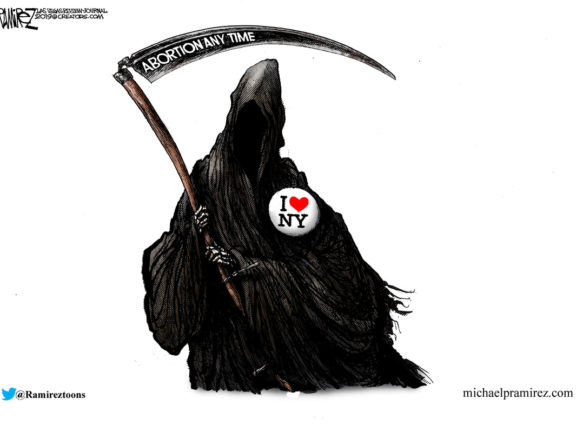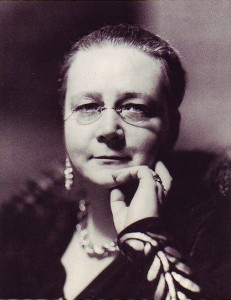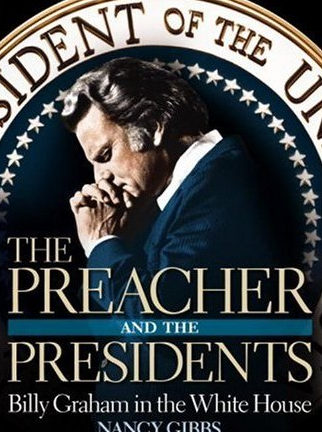Abortion: Calling Evil Good
The state of New York, long established as one of the most liberal in the nation, has now, in its progressive wisdom, decided that abortion is not only a right, but one that can be carried out up to the point of a baby’s delivery. One second, you have a living, vibrant child ready to come out of the womb to enter this world of woe; in the next second, you have a dead baby, killed by an abortionist (who… Read more »





